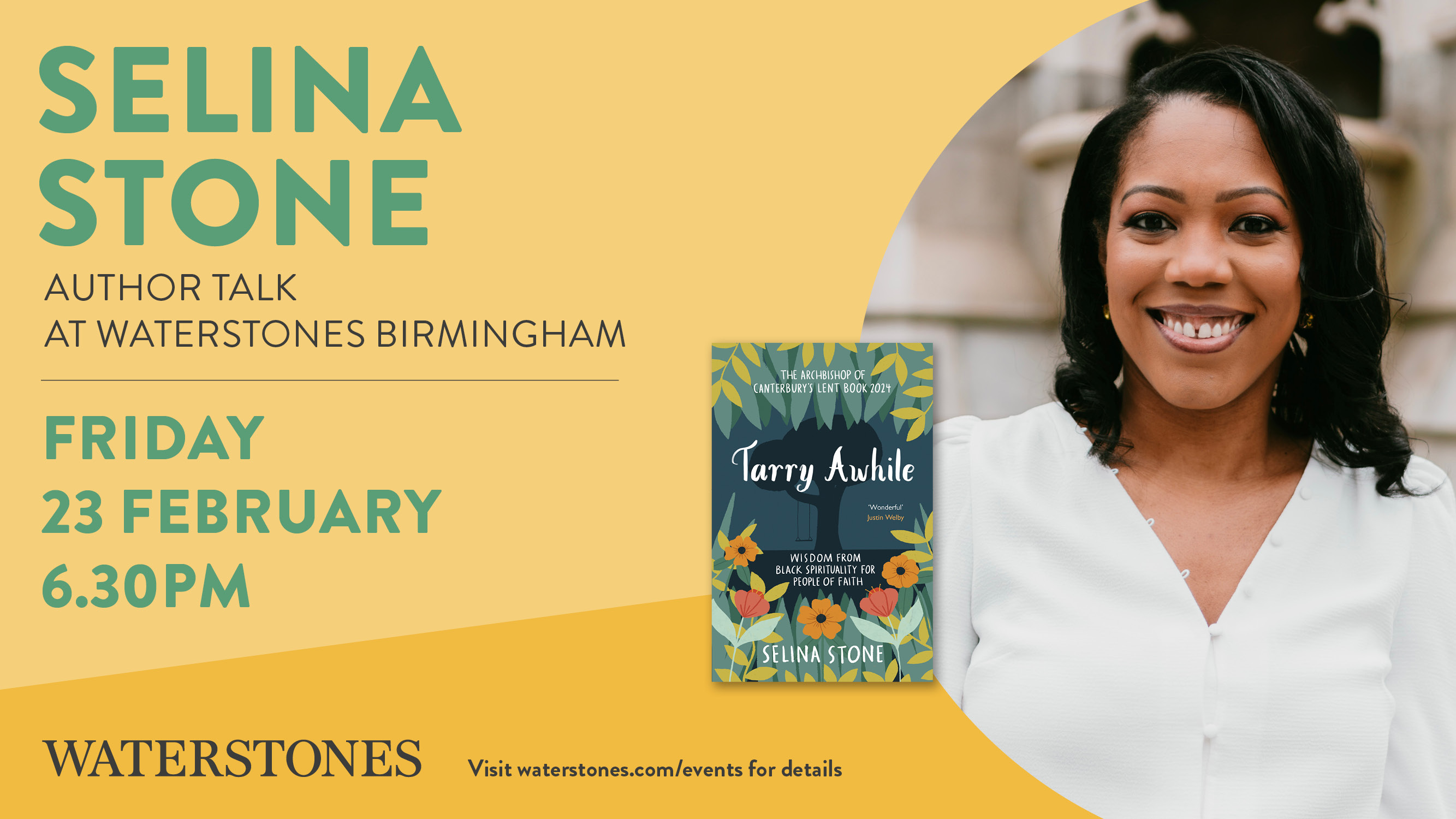We use cookies to make your experience better. To comply with the new e-Privacy directive, we need to ask for your consent to set the cookies. Learn more.
#IDPWD2018: how can we make life and church more inclusive for people with disabilities?
3 December is International Day of Persons with Disabilities. Roy McCloughry, author of The Enabled Life, blogs for us about how we can be inclusive of people with disabilities.
The UN day of Persons with Disabilities draws attention to the plight of many people with disabilities across the world who are often the poorest of the poor and lowest on the list of priorities for government spending. This year the focus is on empowering people to be agents of change. If people with disabilities are at the heart of what it means to be an inclusive and just society, then no one will be left behind. With one billion people disabled across the world, the need for change in their lives is urgent. In our own country, one in five lives with a disability. We count ourselves as ‘civilised’, but there is still much discrimination, most of which goes unnoticed as the voice of people with disabilities is socially and politically very weak.
It has long been understood that everyone will benefit if a society or an organisation organises itself around meeting the needs and receiving the gifts of people with disabilities. At the heart of the Christian gospel is the idea that all are welcome. Christians are called to form communities of belonging. There is a well-known aphorism in the Christian disability movement which states that ‘a church without disabled people is a disabled church.’
But for some of us, being in the company of disabled people makes us feel awkward. We see them as different from us rather than the same. In recent studies by the disability organisation, Scope it was found that a staggering two-thirds of non-disabled people feel awkward around disability. Nearly four in ten of the British public have avoided talking to a disabled person for fear of saying the wrong thing or being patronising. In fact, the way to act is ’naturally’. Treat people with disabilities as you would like to be treated. Nearly 40% of people have hidden the fact that they are disabled for fear of negative consequences. Considering that one in five people in our country has a disability, that reflects badly on the rest of us.
So….
• Do introduce yourself. Don’t panic or overcompensate for feeling awkward if you do.
• Always ask a person with a disability what they need. Do not assume you know.
• They are your equals. Speak directly to them, not to a carer or personal assistant.
• Don’t say things like ‘you’re so brave’ or ‘you’re an inspiration.’ That’s a sign you are panicking.
• In a church context, do not treat a person with a disability as if all they want is to be healed. That objectifies them.
• Do they have access to the building and its community? Look at things from their perspective. Pre-empt problems from arising.
• Many problems can be solved by building friendships. Friendship changes identity from ‘that disabled person’ to ‘my friend Bill.’
• Often people are disabled, not by their impairment, but by the assumptions, environment and barriers to participation that they face. Be willing to challenge these wherever you come across them.
• Have you ever had training on disability awareness, given a talk on disability or preached a sermon? Why not make it a commitment for 2019?
You can found out more about Scope’s excellent ‘End the Awkward’ campaign here. It gives many helpful tips as well as some videos which show how to behave when talking to disabled people. (and how not to behave!) See one about people in wheelchairs here and others about various social situations here. There are many more on their site.
Basically, we are all called to treat each other with respect and to be thoughtful in doing so. Loving another person does not have to be awkward or mean that we behave inappropriately. Somebody might need help in hanging a picture rather than having hands laid on them, important though that might be in Christian ministry.
The Church community can be a place where people are acutely aware of the love of God, the beauty of difference and a place where they are welcomed for who they are. Such a church is truly countercultural, a city set on a hill which challenges a utilitarian society to rediscover its sense of sense of its own humanity.
Many churches are still in the early stages of coming to terms with these new areas of mission and welcome. Some are finding that they are learning more from having disabled people at the heart of the life of the church than they ever believed that they could. They have changed from seeing disability as no more than ramps and accessible facilities to seeing it as welcome, mission and social justice. Simply put, they are discovering what it means to be a church which exemplifies the Christian gospel.











